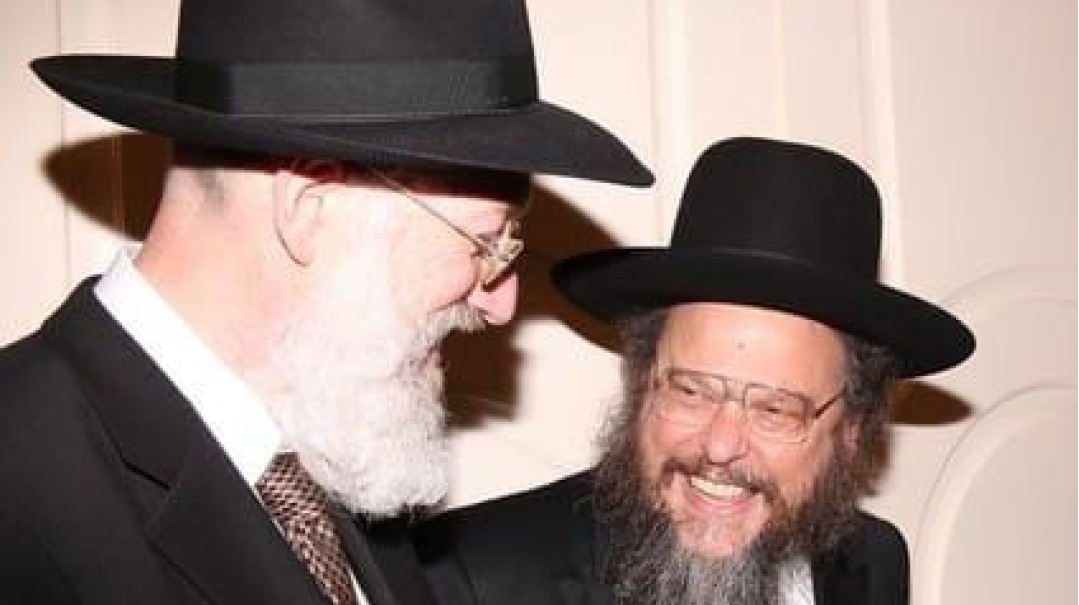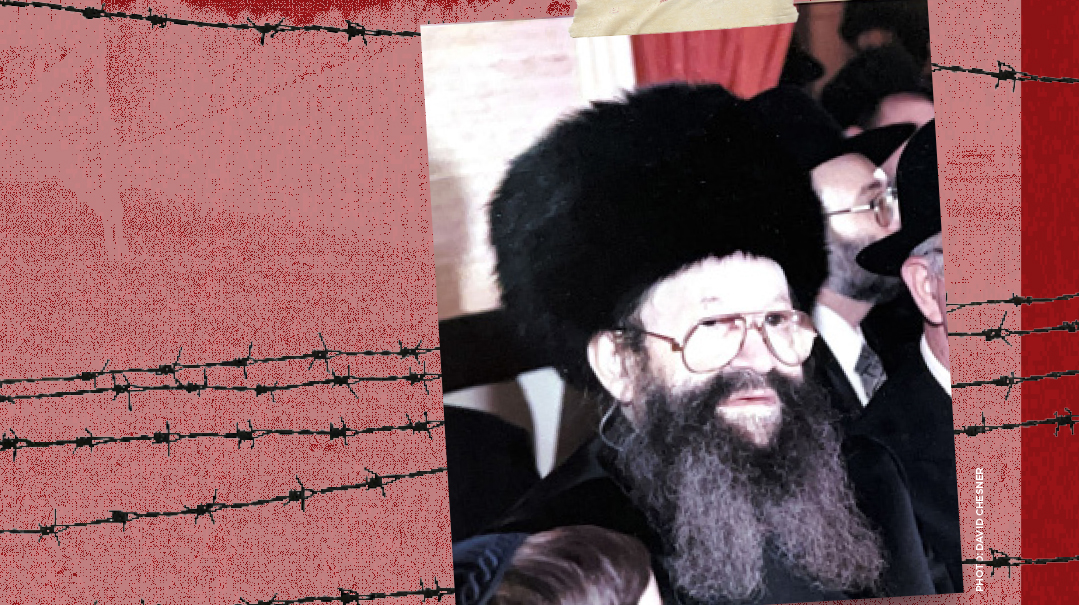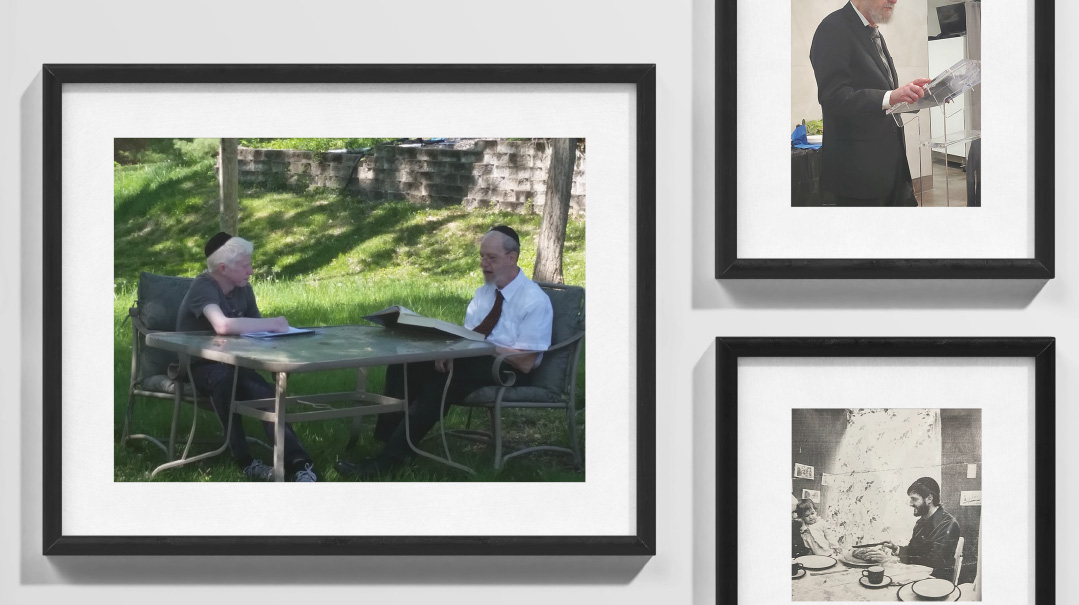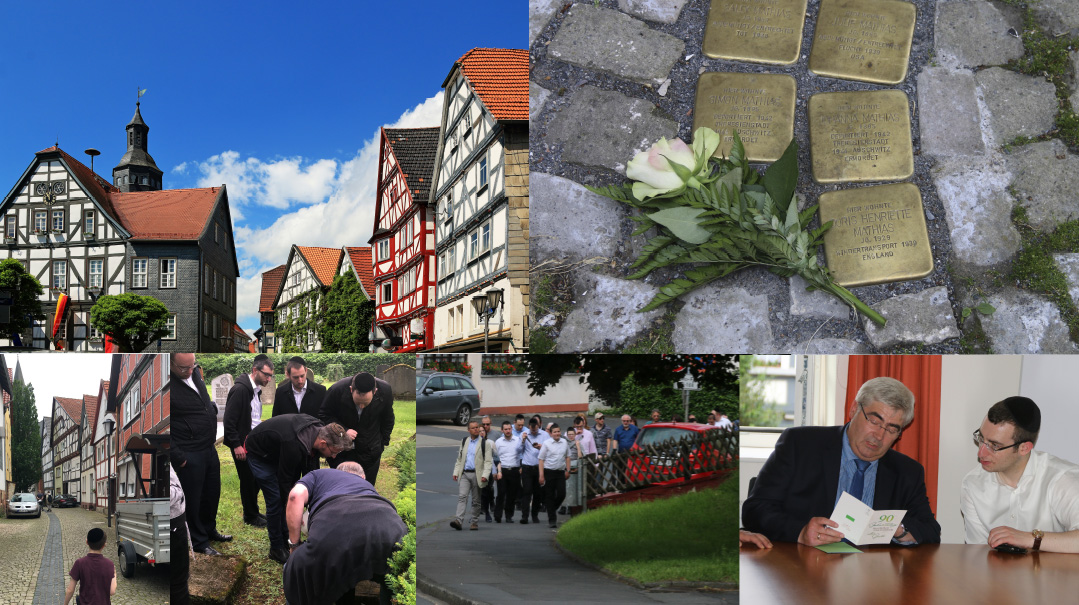When Pesach Looms


COMPLEX KIDS These kids are not bad lazy or rude. They’re trying to figure life out and for various and complex reasons are having a hard time. They are some of the nicest and most selfless kids around. They do not do well with expectations and pressure (does anyone?). This has nothing to do with middos and parenting and everything to do with pain and struggle
C ostco has had matzah in stock for six weeks now and since then it’s The Pit. The one in my stomach because Pesach looms.
It’s not the cleaning and it’s not the cooking. It’s not about recipes Ez-Off cleaning ladies matzah prices. It’s not vacuuming the car when it’s still cold out or getting the kids to stop dropping Cheerios all over the place. It’s not shopping or outfitting the kids. It’s not any of that. Those things — I can handle those things. They’re easy. They’re Normal People Problems.
My pit is formed by all the yeshivah guys coming home. The ads for communal chometz burning that we won’t be going to. All the Lakewood license plates that fill the parking lots and streets. The bochurim on line in all the stores awkwardly picking out produce. The black hats everywhere. The presumption that everyone is on bein hazemanim time. The minyanim that other people’s kids apparently go to. The pizza shops full of Normal People doing Normal Things.
In this house there are no more yeshivah guys and in this house there are no more black hats. The hooks that were hung in anticipation are empty mocking. This house has bar mitzvah seforim and tefillin that collect dust — a silent accusatory testimony of what was and is no longer. This house has no married couples coming from Lakewood or from anywhere else for that matter. This house doesn’t do avos u’banim; this house doesn’t do taanis bechoros. This house isn’t in bein hazemanim mode.
This house does “off the derech.” This house does apatheism and nonkosher food and boyfriends and girlfriends and chillul Shabbos (r”l). This house does miniskirts and bare heads. This house does “what will the future be?”
But—
This house does chesed.
This house does acceptance.
This house practices rachum v’chanun erech apayim v’rav chesed v’emes.
This house stopped judging a long time ago.
This house does love.
This house is fiercely protective of its members.
This house does games and laughing and pizza and hot chocolate.
This house does cuddles and snuggles.
This house does healing.
This house looks past the externals to see the pain underneath.
This house allows each member to travel his journey without censure.
This house believes that lack of religious expression is a symptom of a fierce underlying struggle.
This house believes in the power of love.
This house believes in miracles.
This house believes that these souls are ours to nourish to love to cherish.
This house is proud of our family.
This house is burning out the yeast in the dough the ego every single day — Nissan and otherwise.
So although Pesach looms this I know: This house is ready for Pesach.
Dos and Don’ts: Relating to the OTD-Challenged Family
It might be your neighbor, your kid’s classmate, or a relative. Kids going “off the derech” is now common, so you may as well learn how to deal with it. I’m here to lovingly show you the way.
Don’t say (to anyone):
“Haven’t seen you in ages! You must have a daughter in shidduchim already/where’s your son shteiging?”
Why?
With today’s realities, don’t assume anything. Don’t assume his daughter is “in shidduchim” at all. She may be working out some serious issues, and despite the fact that she’s, yes, 22, may not be near ready for marriage. Telling a pained father that you fully expect his son to be “shteiging” is pouring salt on an open wound. Even if he is in yeshivah, who says he’s shteiging? Maybe he’s lonely and homesick. Maybe he was kicked out yesterday. Maybe he’s struggling to keep Shabbos. Maybe he’s depressed or anxious.
Bottom line:
Don’t make assumptions about people’s kids. The capacity for pain is simply too great.
Say instead:
“Haven’t seen you in ages! How’s everything? So great to catch up a bit!”
Don’t say (to my struggling child):
“So, what are you doing these days?”
Why?
Kids like mine are struggling not just with Judaism, but with life. Judaism is the symptom, not the cause. They typically have a hard time holding down jobs and staying in school. Asking them what they’re doing is a caustic reminder of their failings and abnormalcy. Kids who struggle may spend a lot of time sleeping or playing video games — not a socially acceptable response.
Bottom line:
“OTD” kids are in pain, though they put on a good show of bravado. They’re often sad and scared. Life feels overwhelming a lot of the time.
Say instead:
“Hey, you look awesome!/It’s so good to see you!/Can I give you a hug?/ What’s going on?”/and, if there’s a relationship: “Wanna hang out sometime?”
Don’t say (about my child):
“She’s off the derech”
“Did you see/hear/know…”
“She looks terrible”
“I don’t know how his parents manage”
Why?
All these things may be true. They are also judgmental and lashon hara. Even more, they miss the point. The Judaism thing is the tip of the iceberg. Focusing on how frum a person is or isn’t is so judgmental. Only Hashem sees the whole picture, our motivation and intent and personal struggles, and in that department our kids are heroes. Hashem also tells us not to judge others or to speak lashon hara. Finally, when you think about my kid in those narrow terms, your eyes will flicker ever-so-quickly over her nose ring and his sleeveless top. They’ll know what you feel. They know everything. Most importantly, Hashem knows. And He does not like it.
Bottom line:
“Man sees externals, but Hashem sees one’s heart” (Shmuel 16:7). Let’s be more like Hashem, and stop getting so hung up on externals. Let’s look at the heart of these amazing, struggling kids who overcome obstacles every single day as they struggle to be their best selves.
Instead:
Talk about ideas, not people. Or make plans to surprise the mother/father/kid with a gift card, a nice note, flowers just because, or another act of chesed.
Don’t say (to me):
“I’m so, so sorry for what you’re going through. So horrible. I can’t even imagine.”
Why?
So, parents like us are working on ourselves every day to stay happy, have emunah, and give our kids what they need. We don’t need to shoulder your emotions too, and we don’t like to be reminded how “horrible” our lives are. The long, pitying looks do not feel good. They feel… pitiful. They cause us to go home and cry. If so-and-so, who leads a “normal” life, thinks my life is so horrible, maybe I’m just delusional when I think we’re managing okay most of the time? Maybe everyone sees through the farce but me?
Bottom line:
Friendship feels good. Pity feels bad. If you have difficult emotions about someone else’s pain, sort them through with someone else — not that person. He or she is contending with enough.
Say instead:
“Can I give you a hug?/I love you/You’re an awesome mom. Your kids are so lucky to have you/I’m so proud of you/Can I have your name and your kids’? I’m davening for you.”
Don’t expect:
My child to call you back, text you back, call to say thank you or write a thank-you card, show up on time, or fulfill responsibilities. Sometimes they will and sometimes they won’t.
Why?
Life is hard and complicated enough for these sensitive and overwhelmed kids on the cusp of adulthood (regardless of age). Your expectations and pressures make all that stuff harder.
Bottom Line:
These kids are not bad, lazy, or rude. They’re trying to figure life out, and for various and complex reasons, are having a hard time. They are some of the nicest and most selfless kids around. They do not do well with expectations and pressure (does anyone?). This has nothing to do with middos and parenting, and everything to do with pain and struggle.
Instead:
Catch them being “good,” and find any excuse to compliment them. It may start out as an act, but you’ll believe it more and more as you get to know them.
(Originally featured in Family First Issue 537)
Oops! We could not locate your form.













